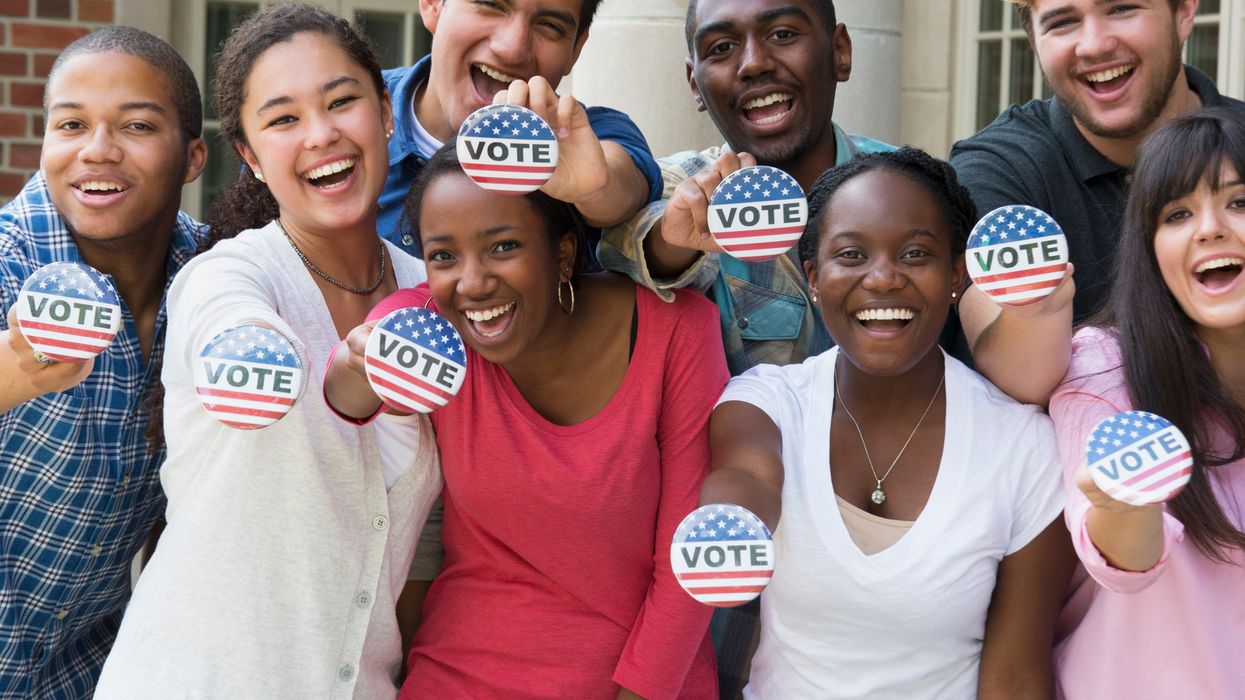I'm often getting questions about why young people won't vote. Some don't think young people will turn out, even though they're obviously interested in politics. There are questions whether people under 24 do anything beyond protesting. There are strong assumptions behind these questions. I usually respond by asking whether those who doubt young people's interest in voting have actually offered to help.
Data shows we aren't doing the things that would launch people in their 20s into civic engagement and voting. Only 3 in 10 people under 30 were contacted by any campaign as of October 2016. Our recent analysis shows we don't actually even encourage every eligible student to become a voter while in high school, and half these students don't learn how to register. In short, we don't invest enough in growing voters.
In spite of all that, many young people — particularly those in Generation Z (now 18 to 23 years old) — have been breaking the mold in many ways. They demand change, and they mean it. A recent study by Snapchat found that Gen Zers are more likely than adults to participate in protests, online activism and difficult issue conversations. Our poll in June showed Gen Zers had been busy engaging each other. Half were telling friends to vote, 25 percent were helping them register and 28 percent had already volunteered for a candidate.
In 2018, those under 25 shattered the record of youth voting -- turning out in greater numbers than the young Baby Boomers did in 1974. The youth bloc is also a bigger share of the overall electorate than at any time since 1990.
If we want even more young people to vote, here are some simple things to do:
• Support and encourage local election officials to reach out to young people.
• Welcome new, younger poll workers with open arms and remember they might need help but can do a lot. They are stepping up to fill the gaps so that the election will remain accessible and legitimate. Watch this video for simple tips.
• Give young employees paid time off to vote. Some states require it, some don't. The pandemic hit young people especially hard and they need to feel supported to go vote. Many are choosing to vote on Election Day in part because only 24 percent have ever voted by mail.
• Help young people in your life to vote, even if they don't think they know a lot about politics. It's a right Americans have worked hard to get for everyone. Show them how mail-in ballots work, or go with them to the polls. Voting is an important rite of passage. You can help them celebrate it.
Kei Kawashima-Ginsberg is director of the Center for Information and Research on Civic Engagement and Learning (CIRCLE) program at Tufts University's Jonathan M. Tisch College of Civic Life. Read more from The Fulcrum's Election Dissection blog or see our full list of contributors.



















